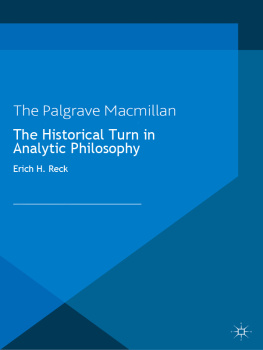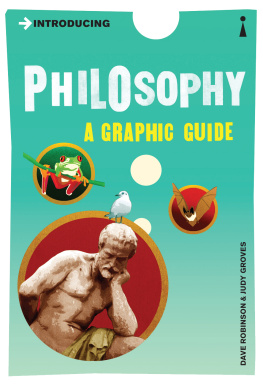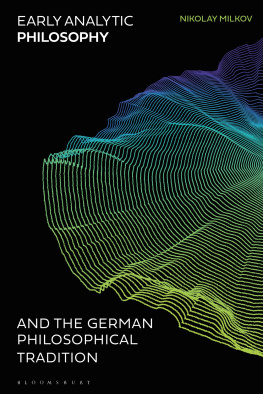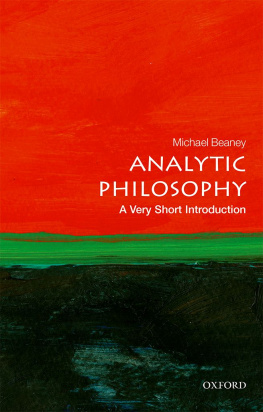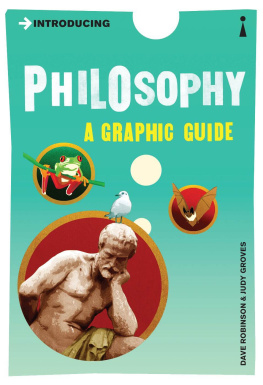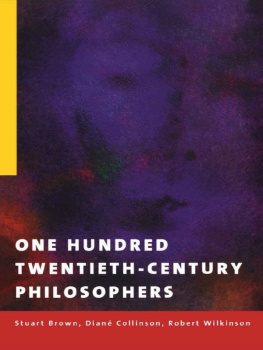Peter Unger - Empty Ideas: A Critique of Analytic Philosophy
Here you can read online Peter Unger - Empty Ideas: A Critique of Analytic Philosophy full text of the book (entire story) in english for free. Download pdf and epub, get meaning, cover and reviews about this ebook. year: 2014, publisher: Oxford University Press, genre: Religion. Description of the work, (preface) as well as reviews are available. Best literature library LitArk.com created for fans of good reading and offers a wide selection of genres:
Romance novel
Science fiction
Adventure
Detective
Science
History
Home and family
Prose
Art
Politics
Computer
Non-fiction
Religion
Business
Children
Humor
Choose a favorite category and find really read worthwhile books. Enjoy immersion in the world of imagination, feel the emotions of the characters or learn something new for yourself, make an fascinating discovery.

- Book:Empty Ideas: A Critique of Analytic Philosophy
- Author:
- Publisher:Oxford University Press
- Genre:
- Year:2014
- Rating:3 / 5
- Favourites:Add to favourites
- Your mark:
Empty Ideas: A Critique of Analytic Philosophy: summary, description and annotation
We offer to read an annotation, description, summary or preface (depends on what the author of the book "Empty Ideas: A Critique of Analytic Philosophy" wrote himself). If you haven't found the necessary information about the book — write in the comments, we will try to find it.
In the mid-twentieth century, philosophers generally agreed that, by contrast with science, philosophy should offer no substantial thoughts about the general nature of concrete reality. Leading philosophers were concerned with little more than the semantics of ordinary words. For example: Our word perceives differs from our word believes in that the first word is used more strictly than the second. While someone may be correct in saying I believe theres a table before me whether or not there is a table before her, she will be correct in saying I perceive theres a table before me only if there is a table there. Though just a parochial idea, whether or not it is correct does make a difference to how things are with concrete reality. In Ungers terms, it is a concretely substantial idea. Alongside each such parochial substantial idea, there is an analytic or conceptual thought, as with the thought that someone may believe there is a table before her whether or not there is one, but she will perceive there is a table before her only if there is a table there. Empty of import as to how things are with concrete reality, those thoughts are what Unger calls concretelyempty ideas.
It is widely assumed that, since about 1970, things had changed thanks to the advent of such thoughts as the content externalism championed by Hilary Putnam and Donald Davidson, various essentialist thoughts offered by Saul Kripke, and so on. Against that assumption, Unger argues that, with hardly any exceptions aside from David Lewiss theory of a plurality of concrete worlds, all of these recent offerings are concretely empty ideas. Except when offering parochial ideas, Peter Unger maintains that mainstream philosophy still offers hardly anything beyond concretely empty ideas.
This incisive book lays crucial challenges at the door of mainstream analytic philosophy, for Unger argues persuasively that (contrary to its explicit self-conception), a great deal of recent philosophy has been concerned with merely conceptual issues-nothing concretely substantial. The book is sure to provoke controversy and healthy debate about the role and value of philosophy. -Amie L. Thomasson, Professor of Philosophy and Cooper Fellow, University of Miami
Peter Unger: author's other books
Who wrote Empty Ideas: A Critique of Analytic Philosophy? Find out the surname, the name of the author of the book and a list of all author's works by series.

